Hari Kuyo is a memorial service for needles, as is suggested by the Japanese characters for the event.
In this context, the word “needle” refers to sewing needles.
In the past in Japan, sewing and other types of needlework were important jobs, particularly for women.
Clothing, food, and shelter serve as the basis for human life, and needles are something that have to be relied on in order to sew clothing that is one of these essential elements.
For this reason it was only natural to be thankful towards the gifts made possible by needles and to take good care of needles.
For this reason, it was customary to hold a memorial service for needles that became broken and could no longer be used, rather than letting them go to waste.
Hari Kuyo that expresses thanks to needles that work silently for us every day is a kindhearted custom born from our Japanese ancestor’s belief that there are gods in everything and everything has a spirit.
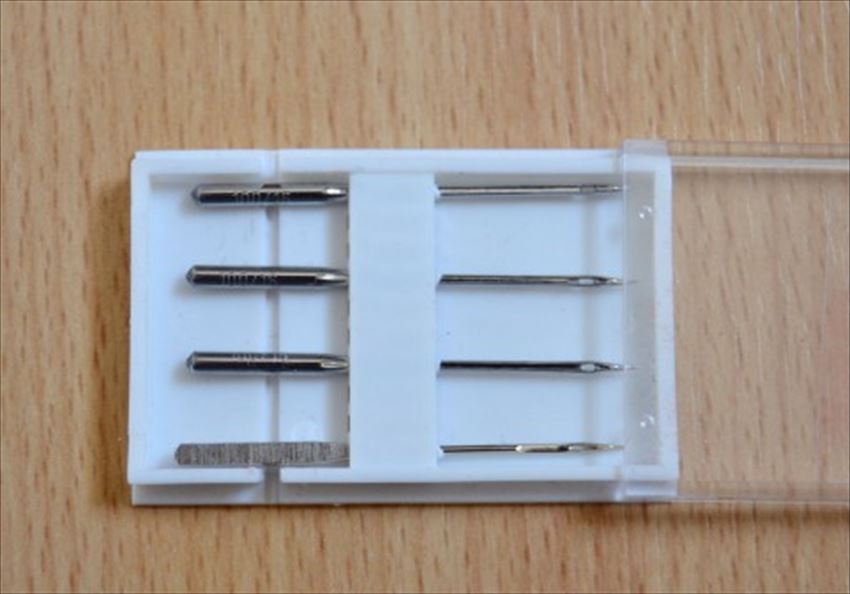
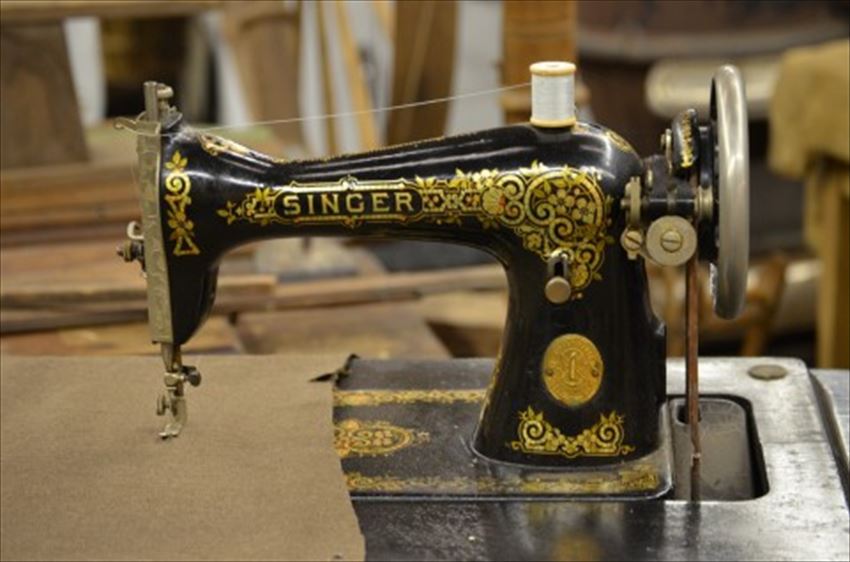
In most cases, Hari Kuyo consists of making a visit to a shrine and holding a memorial service by inserting needles that have become broken, bent, or rusted from sewing into something soft such as tofu, konjac, or rice cakes.
The intent here is letting needles that have worked hard get a well reserved rest by inserting them in something soft.
This expresses both a feeling of thanks to the needles and a way of preying to the gods so that you become better at sewing.
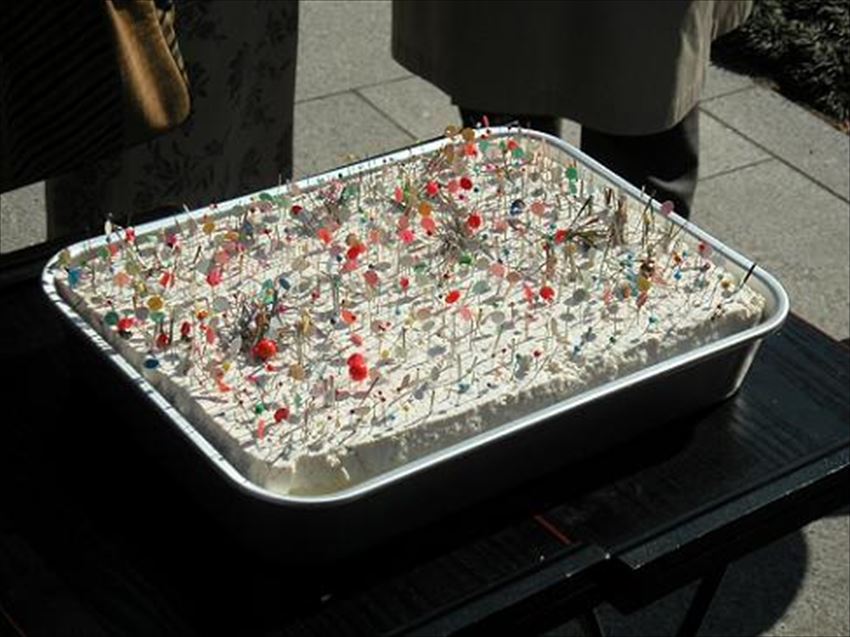
Although the amount of manual needlework has decreased, we need to know this custom of Hari Kuyo for sewing needles that we rely on everyday.
We also need to take care of all the tools around them, not only needles.
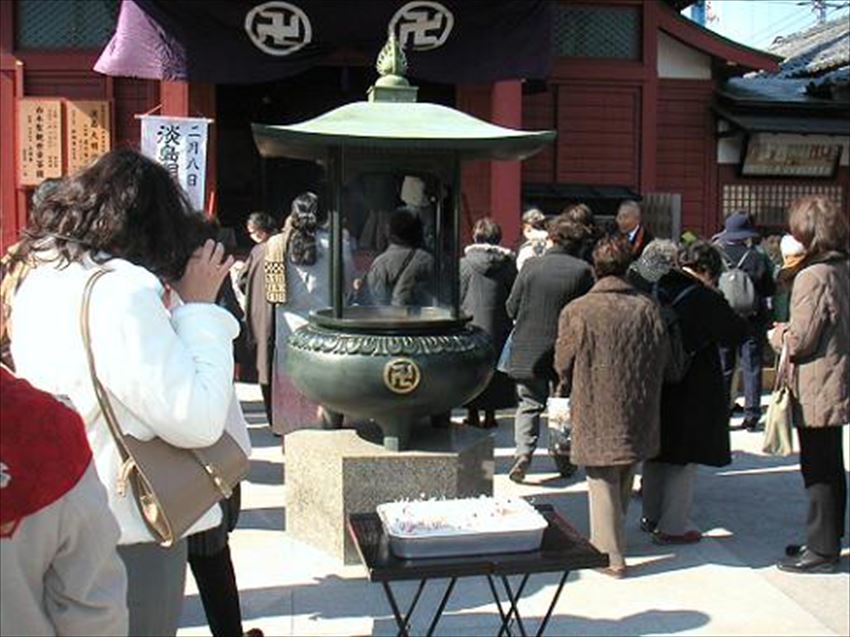
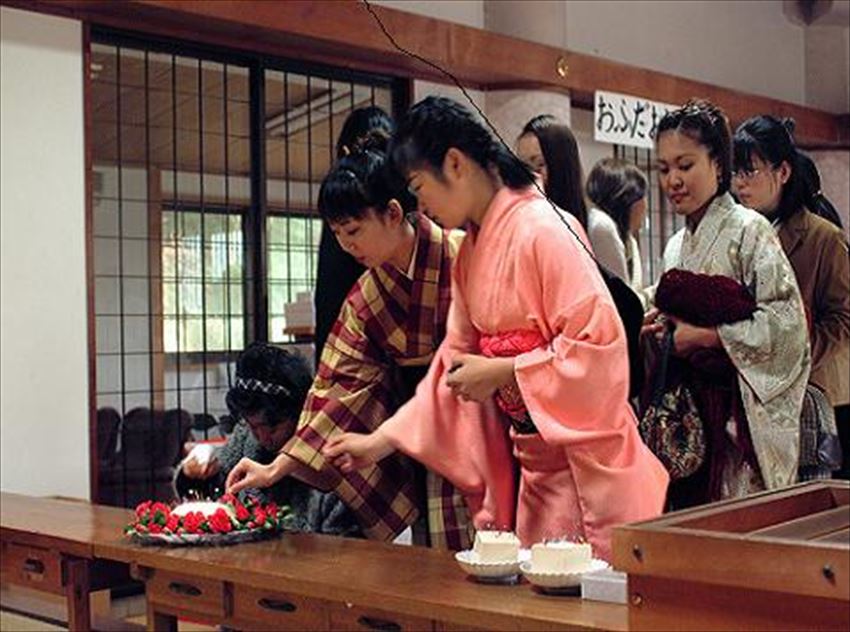
Comments